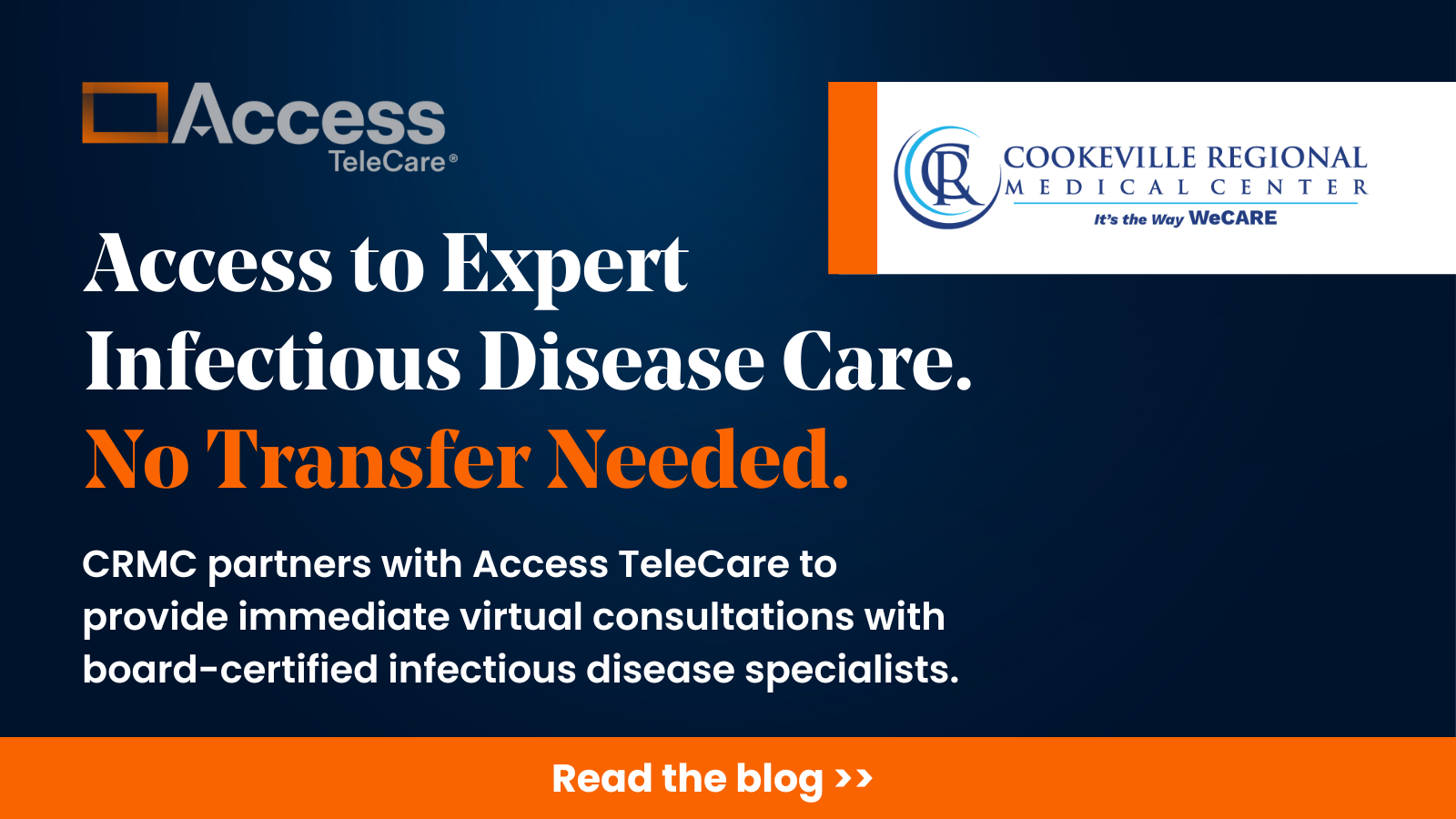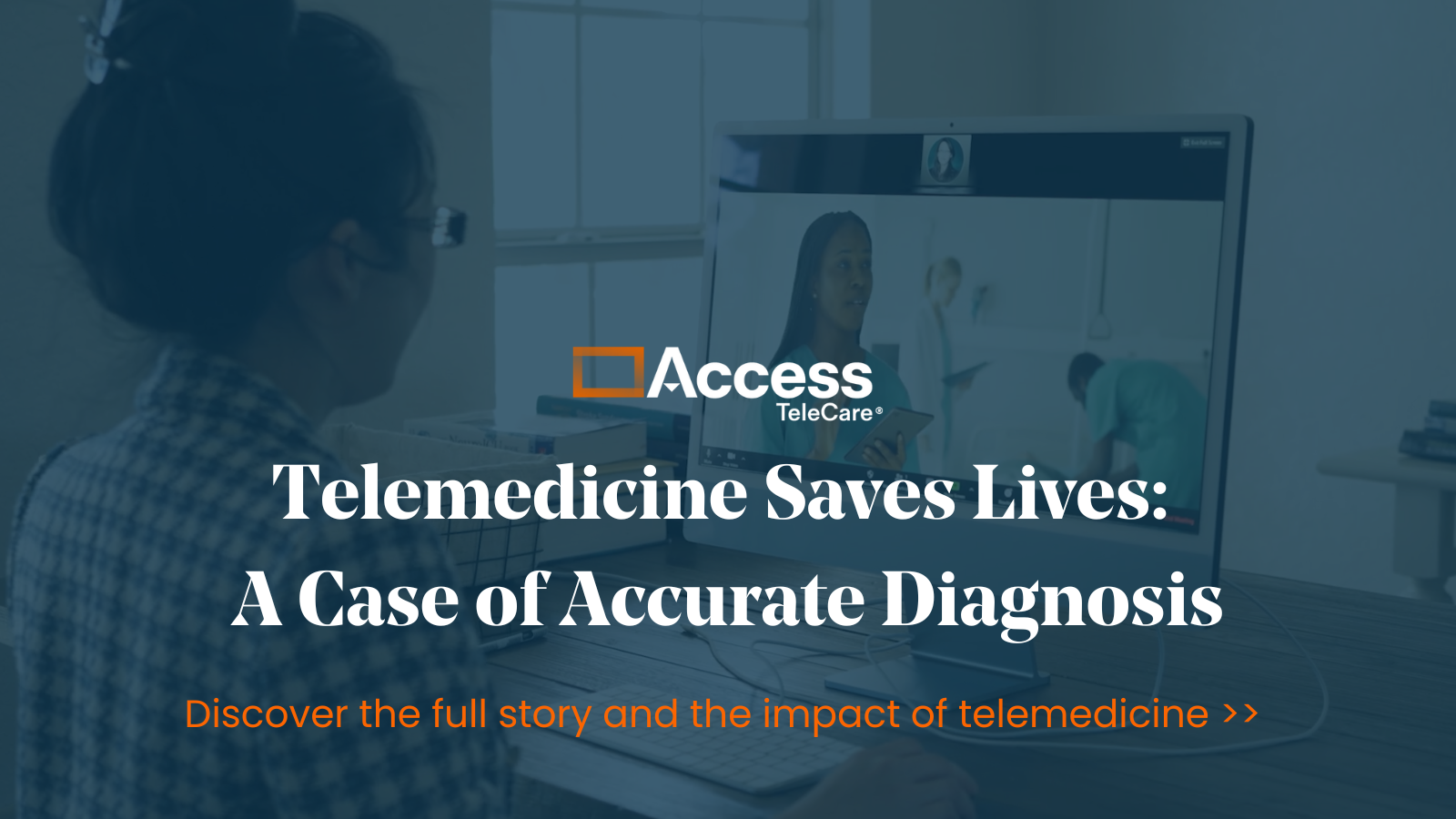With antibiotic resistance responsible for approximately 35,000 deaths annually in the U.S. alone, judicious and appropriate prescribing and use of antimicrobials is imperative. Responsible patient use is a component – completing a course of prescribed antibiotics and not taking an antibiotic for a viral infection, for example, are essential. Hospitals, too, have a significant role. Estimates are that 20 to 50 percent of all antibiotics prescribed in acute care hospitals is unnecessary or inappropriate. Prescribing data from the Centers for Disease Control and Prevention show that hospital antibiotic prescribing is not supported in:
- 79% of patients with community-acquired pneumonia
- 77% of patients with urinary tract infections
- 47% of patients prescribed fluroquinolone treatment
- 27% of patients prescribed intravenous vancomycin antibiotic.
Since 2019, hospitals have been required to have antibiotic stewardship programs as a condition of Medicare and Medicaid reimbursement, and Joint Commission accreditation standards include one for antimicrobial stewardship. For hospitals that do not have infectious disease specialists, these programs may be led by hospitalists or pharmacists, some of whom may have training in infectious disease but some of whom may not.
How Access TeleCare’s TeleInfectious Disease Specialists Improve Antibiotic Stewardship
With an Access TeleCare antibiotic stewardship program, hospitals of all sizes can elevate the quality of their programs by adding an infectious disease specialist to the team responsible for administering the stewardship program. Our ID specialists are board-certified and have decades of experience managing complex viral, fungal, and bacterial infections and working with pharmacists and other physicians on appropriate medication use.
The value comes in reducing unnecessary antibiotic use and closer adherence to evidence-based medicine so that patient care is optimized and hospitals have the tools they need to be a significant lever in combatting antimicrobial resistance.
Learn more about Access TeleCare’s infectious disease specialist-led antibiotic stewardship programs here.
Video Transcript: one other aspect of what we do is a teleStewardship program, which is run by one of our physicians with over 20 years of experience with this. We dramatically reduce unnecessary antibiotic use. That has a huge positive impact by reducing unnecessary antimicrobial costs or the antibiotic cost per day. We can help hospitals and programs remain compliant with Joint Commission standards, which requires an antimicrobial stewardship program.
The lead of this stewardship program should have experience or training in infectious diseases. And what we have found is in many of these hospitals, the medical director of the stewardship program is not an infectious disease physician. It may be an OBGYN, a hospitalist, or an ER physician. Someone who has not had the extensive training in infectious diseases management and antimicrobials, or even in stewardship the way an infectious disease physicians have. So even in those hospitals with these small stewardship programs, the pharmacist quickly realizes the value of what we do. They have our phone numbers. We have their phone numbers and soon after [implementation] we start getting many text messages or phone calls from the pharmacists so that they can get our assistance in helping them convince the physicians to deescalate antibiotics and to stop unnecessary antibiotics – to follow evidence-based medicine.
So the pharmacy programs at the hospitals that we work at really appreciate what we do. We appreciate working with pharmacists. They are our best friends in helping to take care of patients in the best way we can, and that powerful relationship has driven the progression or their stewardship programs to include our teleInfectious disease antibiotic stewardship program as well.








